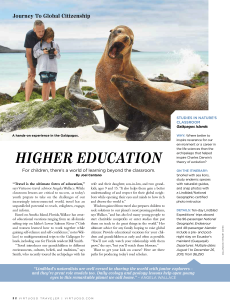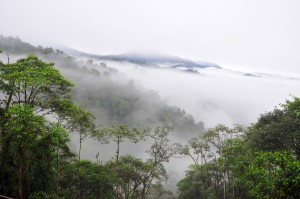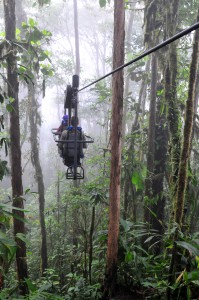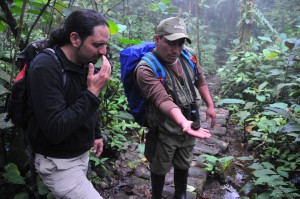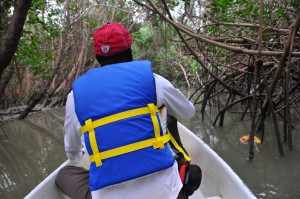
Paddling along the Chone River estuary near Ecuador’s northern coast, my local guide, Carlos, captains our canoe toward the seemingly impenetrable thickets of mangrove that comprise Isla Corazon. In time, however, a tiny portal reveals itself, and we slip instantly from open estuary to a narrow canal that wends its way through swampy, sylvan cloisters.
We glide by elegant, great white egrets and beneath thuggish turkey vultures conspiring in the canopy. Yellow warblers take sudden flight, flickering their reflections against the milky grey waters like lightning. Motionless crabs stare out from mangrove branches like shy shut-ins. All the while, ubiquitous mangroves surround, multiplying, it seems, even as we pass. New shoots breach the water’s surface, and fresh legs stretch from established trees to expand the forest’s ever increasing empire.
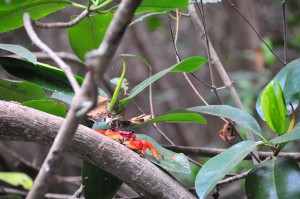
It wasn’t always like this. Less than two decades ago, corporate shrimp farms destroyed approximately half of the mangrove’s territory here. In 1996, though, bolstered by government efforts to conserve the country’s wild lands, local citizens organized and banished the shrimp farmers. Since then, says Carlos, the mangrove swamps have resurrected.
The significance? Each mangrove leaf creates six seconds of oxygen. Fallen leaves also provide food for shrimp, oysters, and fish, which in turn feed Carlos’ family and community of Puerto Portovelo. The resurgent swamps – and the bird species they harbor – also attract tourists and thus revenue. It’s clear that to local citizens like Carlos, the mangroves are not just their lungs, but their livelihood and life.
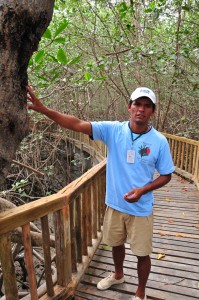
In time, the canal delivers us to an outlet on the estuary erupting with avian activity. Both the sky above and mangroves bordering the bay brim with frigate birds, and each one, it seems, has something to say. Everywhere there is swarming, aerial dancing, and a controlled chaos of wings and chatter.
¿Cuántos? I ask Carlos, who seems to have anticipated my question. The current colony of frigates is some 25,000 strong, he says, up from around 500 in the year 2000 – proof positive that not only is change possible, it can also be prolific.
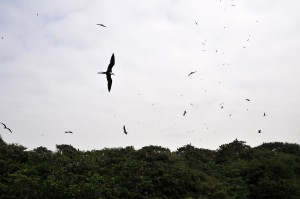
Read my full story, “Much Ado About the Mainland,” in the November 2013 issue of Virtuoso Life magazine. Also: Check out my gallery of photos from Mashpi to Quito to the coast.


